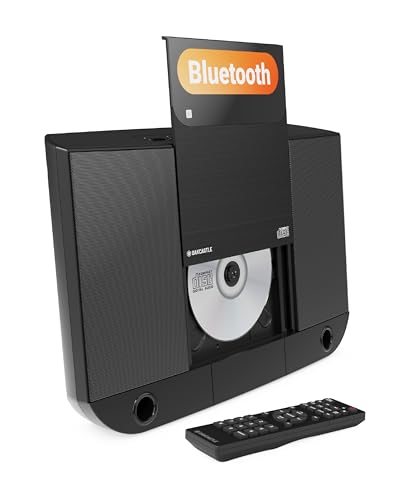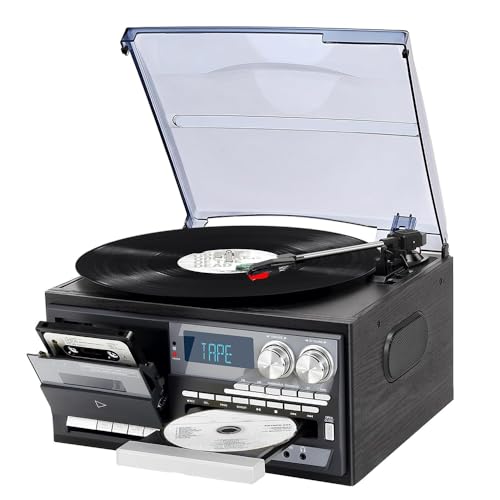Understanding HDD: What It Is and Why It Matters
What is an HDD?
An HDD, or Hard Disk Drive, is a type of storage device that uses spinning disks coated with magnetic material to read and write data. In simple terms, think of it as a high-tech filing cabinet where your computer keeps all your documents, photos, and videos. When you save a file, you are essentially putting it in this filing cabinet, and when you need to access it, the HDD fetches it for you. Understanding the basic function of an HDD is important because it influences how we store and retrieve our information.
Why is it important?
HDDs play a crucial role in the overall performance of our computers. They not only affect how quickly our data is accessible but also determine how much information we can store. When we have a better understanding of HDDs, we can make informed decisions when it comes to upgrading our storage. Whether we are gaming, working on large projects, or simply archiving our precious memories, knowing how HDDs function allows us to enhance our digital experience significantly.
Choosing the Right HDD Capacity for Your Needs
Understanding Capacity Options
HDDs come in various capacities, which are typically measured in gigabytes (GB) or terabytes (TB). A gigabyte is about a thousand megabytes, and a terabyte is about a thousand gigabytes. For instance, if you regularly store a lot of high-resolution photos or videos, you will require a larger capacity HDD, possibly 2TB or more. On the other hand, if you primarily use your computer for web browsing or storing documents, a smaller capacity of 500GB might suffice.
Assessing Your Usage Patterns
To choose the right capacity, it helps to assess your usage patterns. Do you frequently download large files, or do you keep multiple applications running simultaneously? Each of these activities consumes storage space. By evaluating how you use your computer, we can better determine the adequate size of the HDD that will not only meet our current requirements but also accommodate future growth.
Comparing HDD Types: Which One Suits You Best?
Understanding Different Types of HDDs
There are mainly three types of HDDs – standard desktop, portable, and enterprise. Desktop HDDs are designed for desktop computers and typically offer the largest capacities. Portable HDDs, on the other hand, are smaller, designed for on-the-go users, and are perfect for backing up data. Enterprise HDDs are built for servers and are generally more durable, aimed at heavy usage. By understanding these options, we can pinpoint which type aligns best with our storage needs.
Matching HDD Types to Your Lifestyle
For instance, if we are students or professionals who need to move data between locations, a portable HDD may be the best option. If we are gamers or video editors who require substantial storage and fast data access, a standard desktop HDD with high capacity would be ideal. By matching the type of HDD to our lifestyle or job requirements, we ensure that we have the right tool for the task.
Key Features to Look for in an HDD
Understanding Important Features
When we select an HDD, several key features can enhance our experience. Speed is one of the most critical factors; measured in revolutions per minute (RPM), an HDD with 7200 RPM generally offers faster data access than one with 5400 RPM. Additionally, check if the HDD includes features such as error correction technology and built-in backup options, as these can save us a lot of trouble later.
Evaluating Interface Types
Also, we should consider the type of interface used by the HDD. SATA (Serial ATA) is the most common for desktops, while USB is standard for portable HDDs. Understanding these interface types can help us ensure compatibility with our existing devices, making the transition to new storage seamless.
Our Top Recommendations for the Best HDDs Available
Reviewing Leading HDD Models
While we will not name specific products, it is beneficial to research brands known for reliability and performance. Look for customer reviews and expert opinions that frequently highlight HDDs that excel in speed, durability, and customer service. Our recommendation is to focus on brands that consistently score high in user satisfaction and product reliability.
Prioritising Reliability and Warranty
Additionally, we should choose HDDs that come with generous warranties. A warranty can provide peace of mind, indicating that the manufacturer stands behind the quality of their product. Look for HDDs that offer at least a 2 to 3-year warranty to ensure we are making a sound investment.























